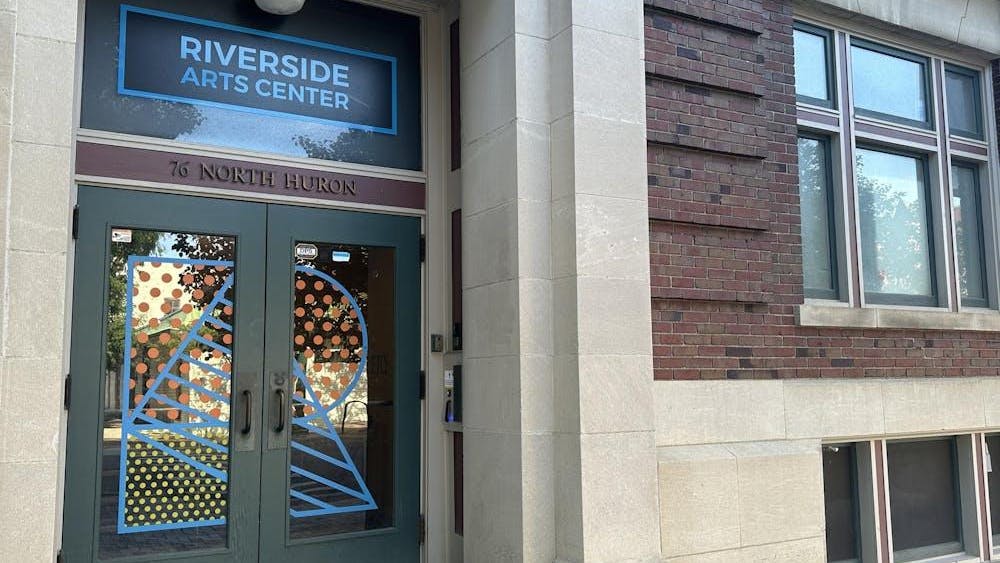During a recent senatorial debate in Delaware, Republican candidate Christine O’Donnell made the mistake of saying the “separation of church and state” does not appear in the Constitution.
She was in fact right that the phrase does not appear in the text, but the statute is well- established. And while O’Donnell’s gaffe was properly met with laughter from the audience, there were some who nodded their heads in agreement convinced America was truly a Christian nation.
Many in America would like to believe we are the United States of Christ and historically Jesus Christ, the twelve apostles and the Founding Fathers were all best friends, but that couldn’t be further from the truth.
Most of the Founding Fathers were deists, meaning they believed in a higher power, but not all of the other mumbo jumbo Christianity entails. In fact, Thomas Jefferson wrote his own version of the Bible in which he took out all talk of Jesus’ magic tricks.
The debate over the separation of church and state is not merely a debate over the choice between democracy and theocracy, but a debate over whether or not we will embody the very ideals we rail against.
Iran, a country the U.S. has been at odds with for decades, is a model of a modern-day theocracy, something the U.S. isn’t and should never become.
In 2008 we elected a new president, Barack Obama. Whether or not you agree with him is irrelevant to the broader point that we as a people are able to choose our leaders. During the 2009 presidential election in Iran, a new leader was chosen, Mahmoud Ahmadinejad, but not the leader the people wanted, not the one who they rioted for.
Even if the people were able to elect the leader they wanted, he would have been nothing but a figurehead compared to the person who wields all the power in Iran.
Ali Khamenei, the Ayatollah, the Supreme Leader of Iran, holds all power over religious and governmental issues, issues which are often intertwined within the country.
Many of Iran’s laws are not based on its constitution, but on the Muslim holy book, the Quran. And the Ayatollah’s authority doesn’t end with an election, it doesn’t end with a finished term like a president, but when his life ends.
In the U.S., adultery might earn you the label “home wrecker,” and you might receive a wag of the finger from society, but in Iran if you are accused of adultery or having sin in your heart, you are stoned to death.
In America you are innocent until proven guilty. In Iran you are assumed to be guilty and then tortured until you admit your guilt whether it is the truth or not. In the U.S. there is the rule of law; in Iran it is “an eye for an eye,” which has left the people of Iran blind.
The choice is a clear one, between democracy where leaders are chosen based on many merits other than piety and where laws come from a nation’s sense of morality and not from a centuries-old text, or a system dominated by a bunch of folks who think they have a link to a deity in the sky.
Religion has many virtues, but when brought into the realm of governing it can be as tyrannical of a force as any other.
Our Founding Fathers were not best friends with Jesus, and like the history books tell us, the pilgrims not only sailed the Mayflower to America to escape the King of England, but also the Church of England.
No different from the pilgrims feeling unwelcome in England, I don’t think Jewish residents would feel too cozy if America established Sharia law. And if the Star of David were on every government building, I don’t think worshipers of Jesus Christ would feel all that welcome either.
The curtain that establishes a wall between religious and political powers is not only a separation of church and state, but also a separation of countries like Iran and America, and it should remain intact.







